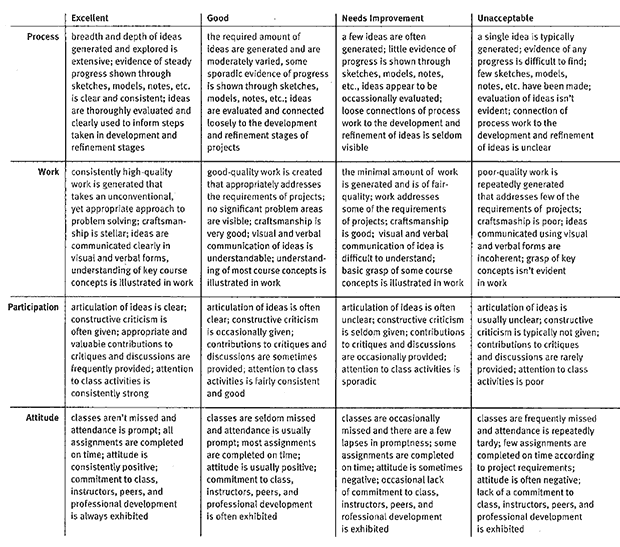Expectations
There are a few basic things you can do to ensure that you receive a totally respectable grade in the course. These things may seem simple and obvious, but it’s surprising how challenging these can be:
- Show up to all of the course sessions, on time
- Communicate with me if you must miss a session (due to illness or something planned)
- Do all of the assignments
- Do all parts of the assignments, paying attention to seemingly trivial requirements (such as categorizing your posts, linking to your Github repositories, etc.)
- Have a positive attitude
There are also some things you can do to earn a really great grade in the course:
- Make interesting, novel, provocative work that’s well-crafted
- Help your classmates when they’re stuck
- Make helpful contributions to discussions
- Assist with the smooth running of the course
Follow your passion.
I will always prefer that you make the assignment interesting to you — if necessary, by creatively bending the rules or re-interpreting the assignment. My assignments are starting-points, prompts and propositions. Think beyond them.
Late work policy.
Our class is fast-paced. When you submit work late, you lose big-time — not because of some point-deduction scheme, but primarily because you miss the chance to share, show off, discuss and get feedback on your work.
Late vs. Too Late. Officially, assignments are due on critique days. A few days after assignments are due for critiques — generally a week later, depending on my schedule; I can’t say exactly when — I grade them. If your assignment is not uploaded and documented online by that time, then it is officially considered “too late” and will lose a letter grade, assuming you eventually submit it.
Grading Rubric.
I don’t enjoy reducing your performance to a letter grade, but when I have to, I use a rubric such as the following one, devised by my colleagues, professors Stacie Rohrbach and Kristin Hughes:
